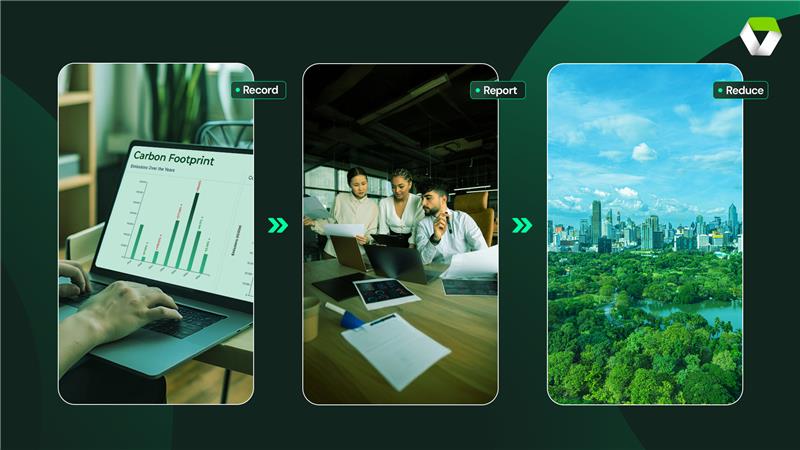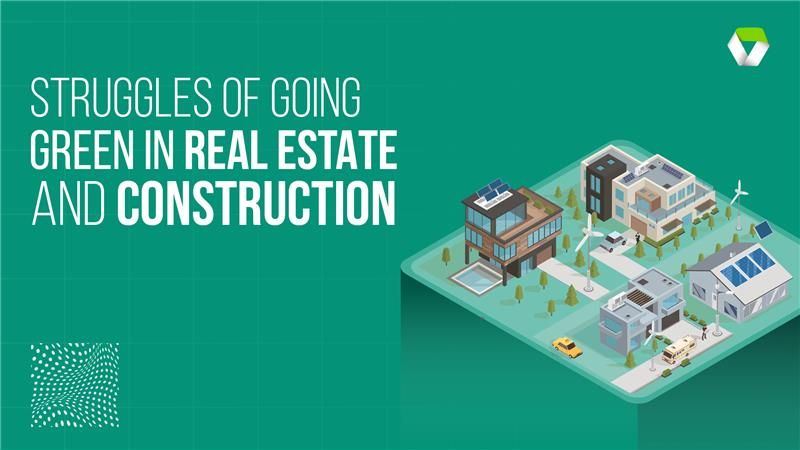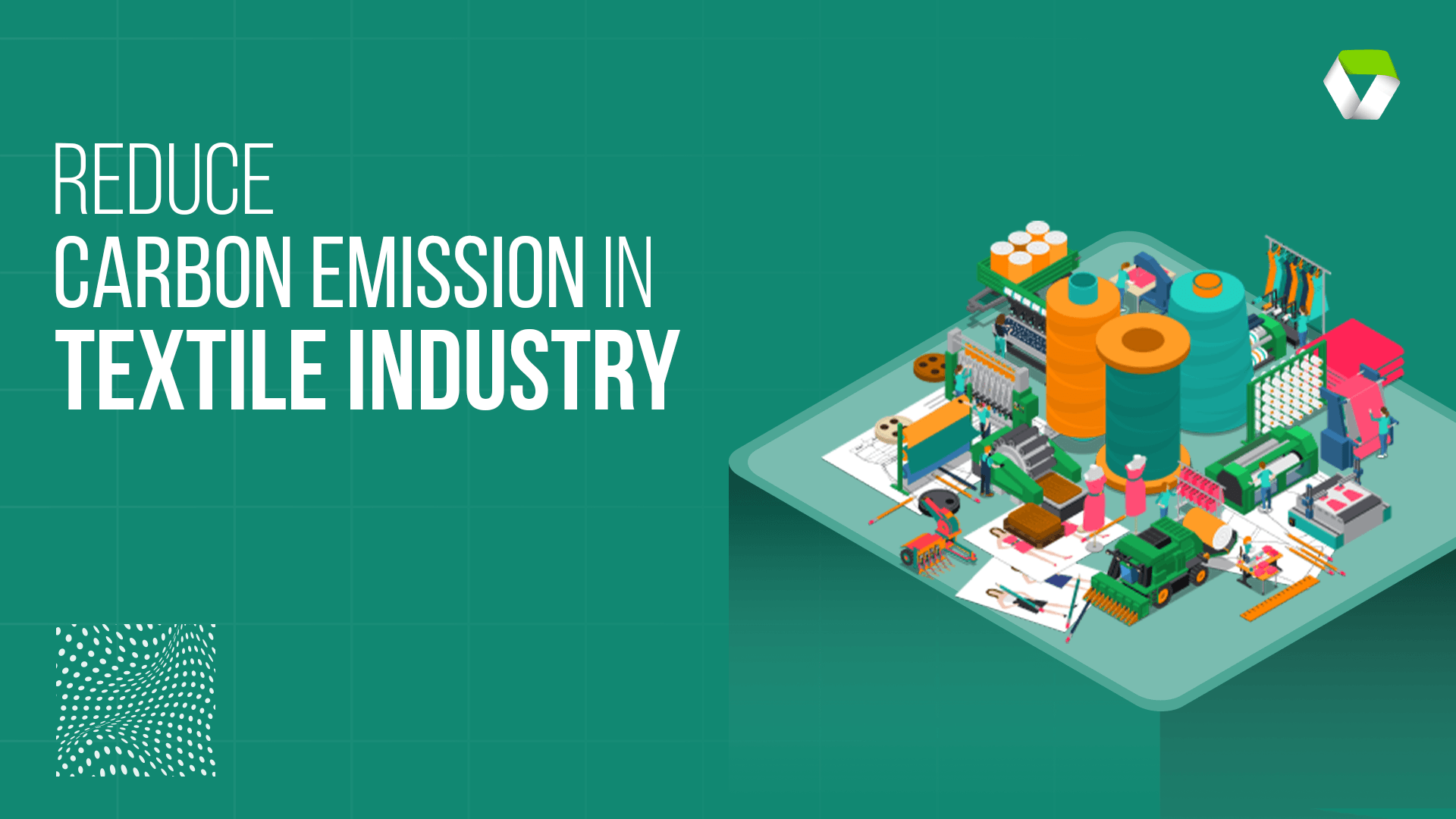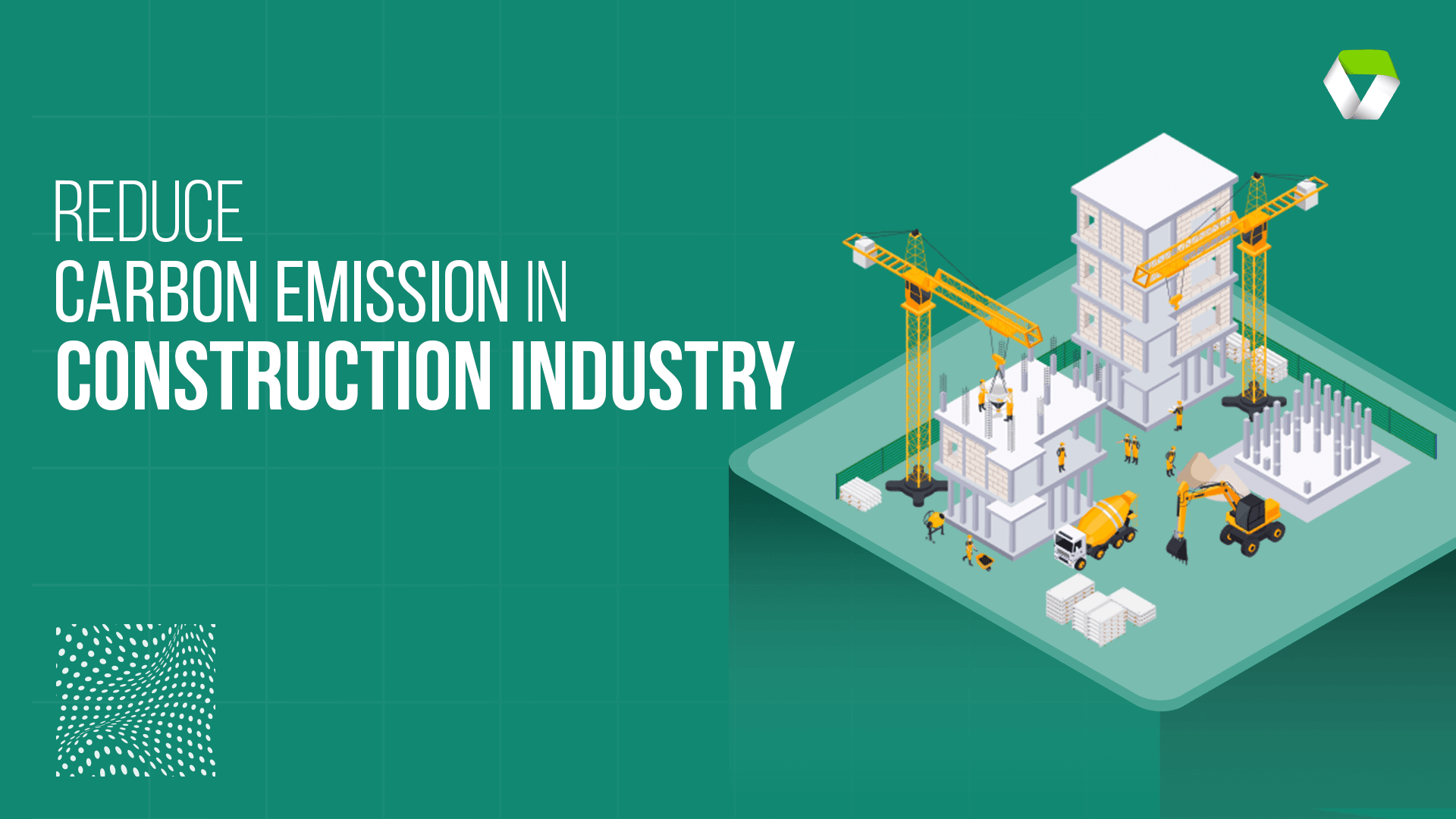Pondicherry University’s Roadmap to Net Zero Carbon by 2035
Author

Himanshu Prajapati
Lead - Sustainability & ESG
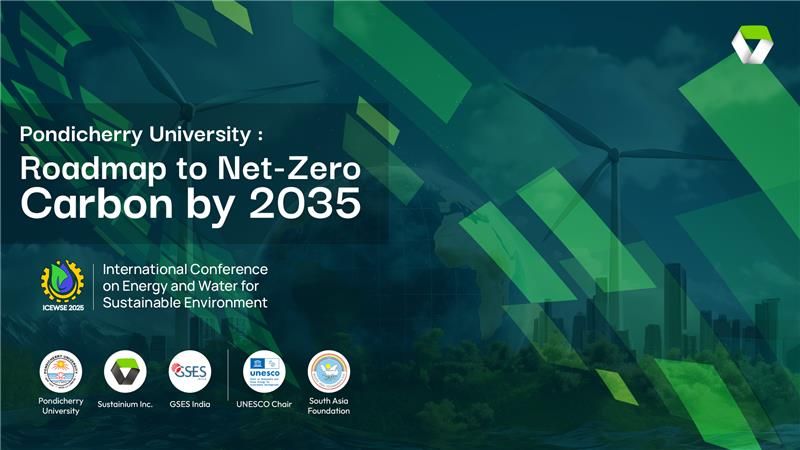
Author

Himanshu Prajapati
Lead - Sustainability & ESG
Reading Time
2 min read
A Roadmap for India’s Next-Generation Sustainable Campuses
Pondicherry University in collaboration with GSES India and Sustainium.io, has developed a roadmap outlining potential pathways toward achieving carbon neutrality by 2035. The report is titled “Pondicherry University Roadmap for Net Zero Carbon 2035.”
Unveiled during the International Conference on Energy and Water for Sustainable Environment 2025, the roadmap presents a comprehensive strategy to eliminate or offset all campus carbon emissions by 2035, 35 years ahead of India’s national Net Zero target of 2070.
From Student Projects to Institutional Transformation
The University’s sustainability journey began back in 2014 when M.Tech students at the Department of Green Energy Technology started measuring greenhouse gas (GHG) emissions and exploring solar energy adoption.
A decade later, that seed has grown into a 2.6 MWp solar power system powering the campus and cutting down thousands of tons of CO₂ emissions.
What makes this initiative unique is its intergenerational collaboration, alumni who began the work as students have returned to contribute again, supported by university faculty and sustainability experts. It’s a story of continuity, community, and commitment to a cleaner future.
Building a Globally Benchmarked Net Zero Framework
Developed in partnership with Global Sustainable Energy Solutions (GSES) India and Sustainium.io, the roadmap is grounded in international best practices.
A detailed GHG inventory covering 2014–2024 (Scope 1, 2, and 3 emissions) was created using the Sustainium.io carbon accounting platform, aligned with the Greenhouse Gas Protocol.
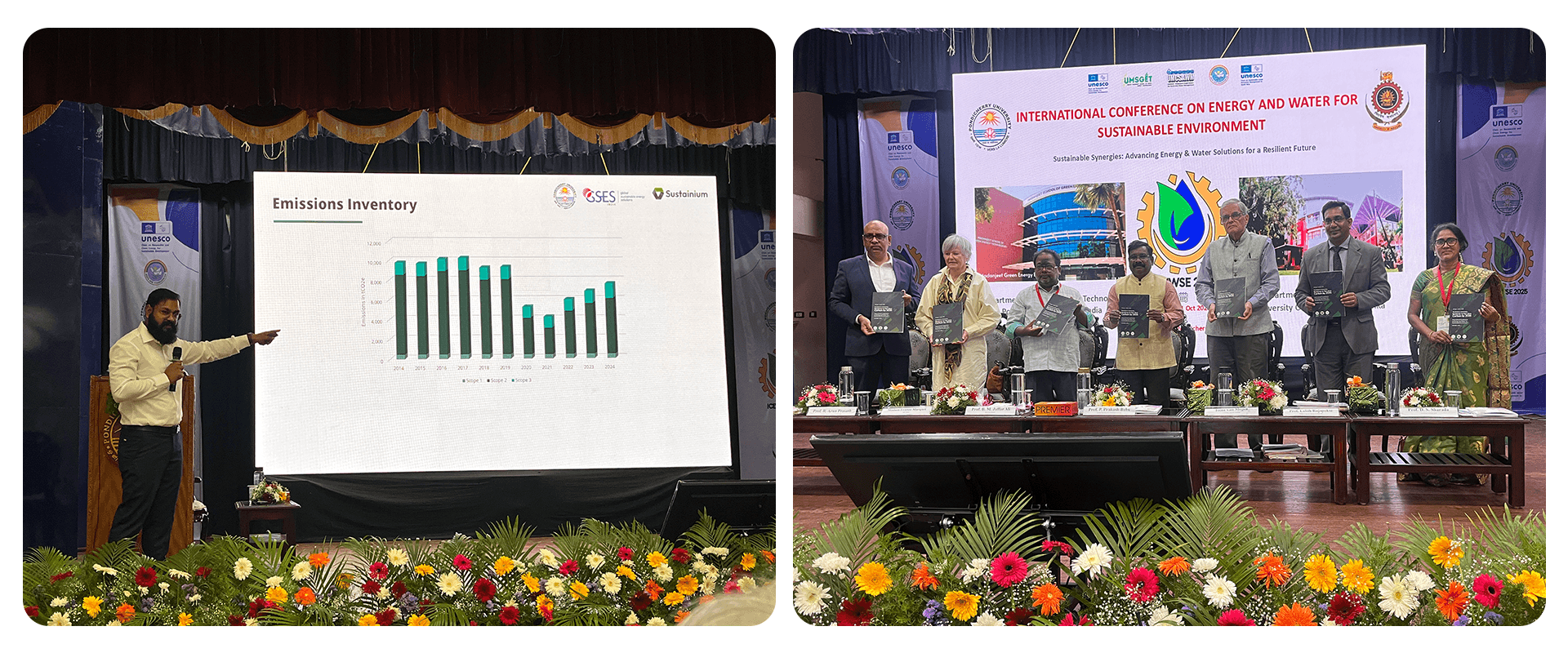
The report was officially launched in the presence of distinguished leaders and sustainability champions, including:
- Prof. P. Prakash Babu, Vice Chancellor, Pondicherry University
- Madam France Marquet, Trustee, Madanjeet Singh Foundation
- Mr. Toine van Megen, Co-Founder, Auroville Consulting
- Prof. R. Arun Prasath, UNESCO Chair on Renewable and Clean Energy
- Prof. B. M. Jaffar Ali, Dean, Madanjeet Singh School of Green Energy Technology
- Prof. Lalith Rajapakse, UNESCO Chair on Sustainable Water Resource Management
- Dr. Dwipen Boruah, Managing Director, GSES India
Key Highlights of the Net Zero Carbon 2035 Roadmap
- Proven Progress: 20% emissions reduction (2014–2024), even as the campus expanded.
- Clear Milestones:
- 50% reduction by 2028
- 75% reduction by 2032
- Full Net Zero readiness by 2035
- Technology Pathways:
- Expand solar PV capacity to 8–10 MWp with storage
- Transition to electric mobility across campus
- Implement water reuse and circular waste systems
- Embed sustainable procurement for low-carbon supply chains
- Deep Decarbonization Goal: >90% GHG reduction, with verified carbon offsets for the rest.
- Dual Validation Path: Pursue certification under IGBC Net Zero Carbon and Global Network for Zero (GNFZ) frameworks.
Leadership Beyond National Commitments
India’s national climate goal targets Net Zero by 2070. While the roadmap does not represent a formal University commitment, it serves as a strategic reference for higher-education institutions seeking to integrate climate action into teaching, research, and operations.
It positions Pondicherry University among India’s early universities to develop a data-driven, framework-based carbon-management plan, supporting the broader transition to low-carbon education ecosystems.
Download the Full Report
Discover how Pondicherry University is reimagining sustainability in higher education.
Dive into the strategies, data, and solutions shaping the path to Net Zero.
[Download the “Pondicherry University Roadmap for Net Zero Carbon 2035” Report]
Experience Carbon Accounting in Action
Discover how Sustainium helps you track, measure, and report emissions effortlessly.

